
Iran’s Oil Minister Guardedly Optimistic About OPEC Output Cuts
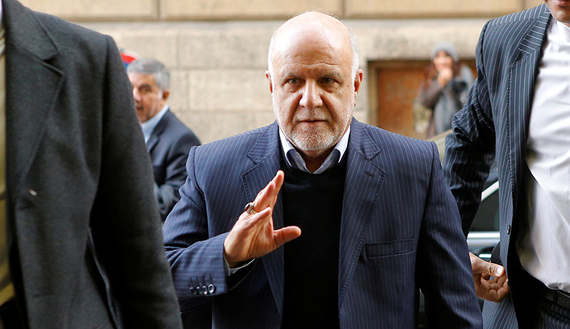
He noted that the consensus which was reached on Nov. 40 in Vienna was a remarkable feat and it is highly unlikely that OPEC producers would breach the deal which comes into force in January, Shana, the Oil Ministry's official news agency reported.
Members of the Organization of Petroleum Exporting Countries put together a deal in Vienna on Nov. 30 to reduce their output by 1.2 million barrels per day in an effort to ease a global glut and lift stubbornly low prices.
The agreement, which was the first of its kind by the oil organization in eight years, will be effective through the first half of the next year. Non-OPEC producers including Russia will reduce supplies by almost another 600,000 barrels.
"This is a win-win deal, yet its implementation cannot be guaranteed," Zanganeh said, adding that so long as major oil players benefit from such commitments, they will live up to their pledges.
In a nod to Saudi Arabia, Zanganeh said that the deal will be eventually regulated by members whose production capacity is greater.
Pointing to speculations about Iran's production capacity after the easing of sanctions earlier this year, he recalled that many observers believed it would take five to six years before Iran reaches its pre-sanctions oil production levels.
"Once the nuclear deal between Iran and the world powers was signed, 500,000 barrels were immediately added to our daily crude output and in less than four months it rose to 3.6 million barrels a day.
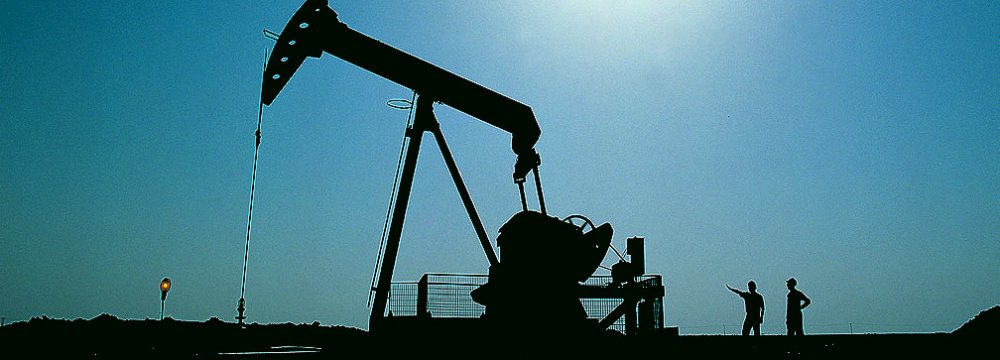
Massive Reserves, Meager Output
Asked about known oil reserves, Zanganeh said, "Iran's in-place crude oil reserves stands at 700 billion barrels, of which 30% or 200 billion barrels can be extracted if we deprive ourselves of drawing on the valuable experience of oil giants which have shown interest in cooperating and transferring state-of-the-art technology."
The official went on to say that Tehran's top priority is to draw more crude from operational fields. Raising the rate of recovery by 1% will translate into 7 more billion barrels and some $350 billion in new revenues."
Commenting on the Azadegan and Yadavaran joint oilfields, Zanganeh added that the two oilfields' in-place reserves are put at 67 billion barrels.
"Although we are equipped with drilling machinery and our engineers can handle pipe laying operations, we are not able to extract more than 7% of the reserves and the rest of the oil will remain buried forever unless we bring advanced technology to enhance the recovery in the joint fields."
Zanganeh stressed that Iran currently has 12 active oil reservoirs, some of which have substantially declined after more than 80 years in production.
On distribution of Euro 4 gasoline in the polluted metropolises, he noted that as soon as Persian Gulf Star Refinery, the Middle East's largest refinery project in the port city of Bandar Abbas, becomes operational, more mega cities will be supplied with quality gasoline that will further help reduce air pollution.
"We won't need to import gasoline next year because the first phase of the Persian Gulf Star Refinery will come on stream by May 2017," the oil minister said.
Collaborating with international oil majors to develop oilfields can create much-needed job opportunities in the country, he said. "Any potential cooperation with multinationals obviously hinges on their attractiveness of their proposals."


Gold price eases after Trump downplays clash with Fed chair Powell

Copper price hits new record as tariff deadline looms
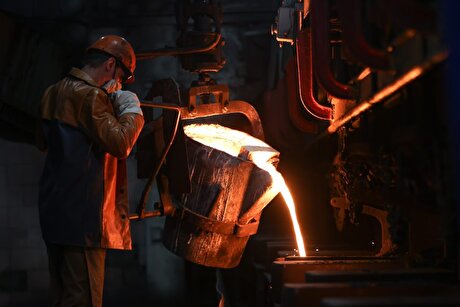
Brazil producers look to halt pig iron output as US tariff threat crimps demand
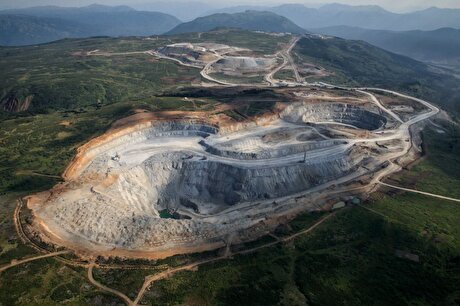
Three workers rescued after 60 hours trapped in Canada mine

Gold price could hit $4,000 by year-end, says Fidelity
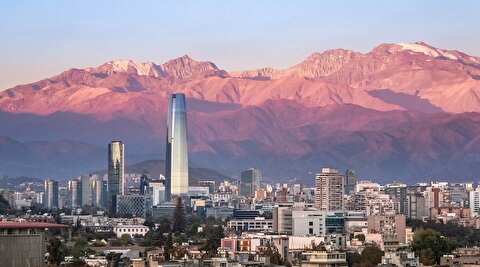
Chile’s 2025 vote puts mining sector’s future on the line
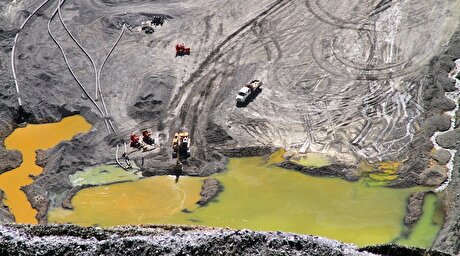
US targets mine waste to boost local critical minerals supply
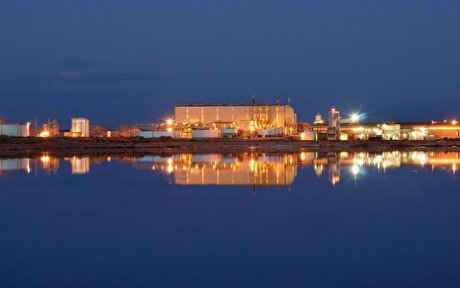
Energy Fuels surges to 3-year high as it begins heavy rare earth production
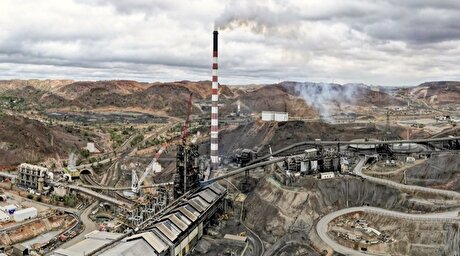
Glencore workers brace for layoffs on looming Mount Isa shutdown
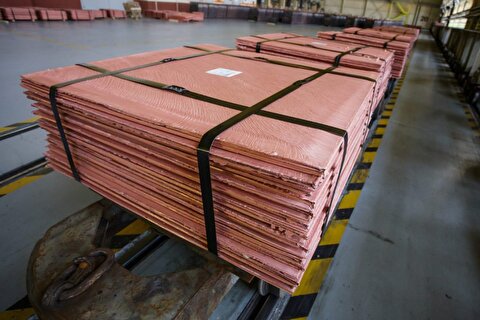
Trump tariff surprise triggers implosion of massive copper trade

Maxus expands land holdings at Quarry antimony project in British Columbia
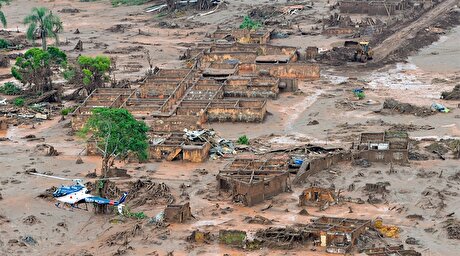
BHP, Vale accused of ‘cheating’ UK law firm out of $1.7 billion in fees
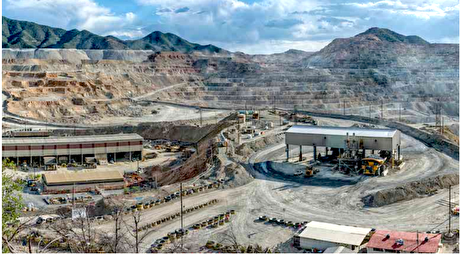
Southern Copper eyes $10.2B Mexico investment pending talks
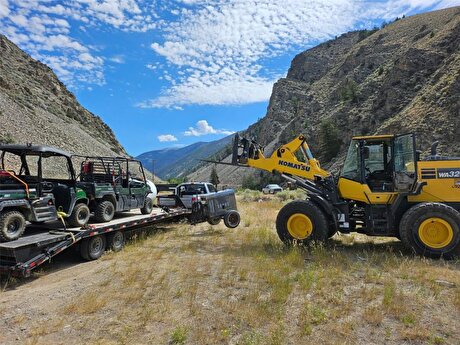
American Tungsten gets site remediation plan approved for Ima mine in Idaho

Kinross divests entire 12% stake in Yukon-focused White Gold

Gold price could hit $4,000 by year-end, says Fidelity

Southern Copper expects turmoil from US-China trade war to hit copper

Ramaco Resources secures five year permit for Brook rare earth mine in Wyoming

Column: EU’s pledge for $250 billion of US energy imports is delusional

Trump tariff surprise triggers implosion of massive copper trade

Maxus expands land holdings at Quarry antimony project in British Columbia

BHP, Vale accused of ‘cheating’ UK law firm out of $1.7 billion in fees

Southern Copper eyes $10.2B Mexico investment pending talks

American Tungsten gets site remediation plan approved for Ima mine in Idaho

Kinross divests entire 12% stake in Yukon-focused White Gold

Gold price could hit $4,000 by year-end, says Fidelity

Southern Copper expects turmoil from US-China trade war to hit copper

Ramaco Resources secures five year permit for Brook rare earth mine in Wyoming














